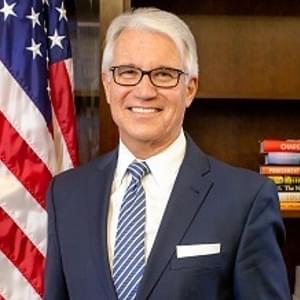
Judge Boyce Martin, Chief Justice of the U.S. Court of Appeals for the Sixth Circuit, recently concurred in a capital case and stated his conclusion that the death penalty system is now broken beyond repair. Writing in Wiles v. Bagley on April 14, Judge Martin said that the death penalty is “so fundamentally flawed at its very core that it is beyond repair.” He continued, “Now in my thirtieth year as a judge on this Court, I have had an inside view of our system of capital punishment almost since the death penalty was reintroduced in the wake of Furman v. Georgia. During that time, judges, lawyers, and elected officials have expended great time and resources attempting to ensure the fairness, proportionality, and accuracy that the Constitution demands of our system. But those efforts have utterly failed. Capital punishment in this country remains ‘arbitrary, biased, and so fundamentally flawed at its very core that it is beyond repair.’ At the same time, the system’s necessary emphasis on competent representation, sound trial procedure, and searching post-conviction review has made it exceedingly expensive to maintain.”
Judge Martin called for a comprehensive study of the costs of capital punishment, especially given the current economic climate: “The system’s deep flaws and high costs raise a simple but important question: is the death penalty worth what it costs us? In my view, this broken system would not justify its costs even if it saved money, but those who do not agree may want to consider just how expensive the death penalty really is. Accordingly, I join Justice Stevens in calling for ‘a dispassionate, impartial comparison of the enormous costs that death penalty litigation imposes on society with the benefits that it produces.’ Such an evaluation, I believe, is particularly appropriate at a time when public funds are scarce and our state and federal governments are having to re-evaluate their fiscal priorities.“
Wiles v. Bagley, No. 05 – 3719 (2009), (6th Cir. April 14) (Martin, J., concurring) (emphasis added, citations omitted). See New Voices and Costs.


